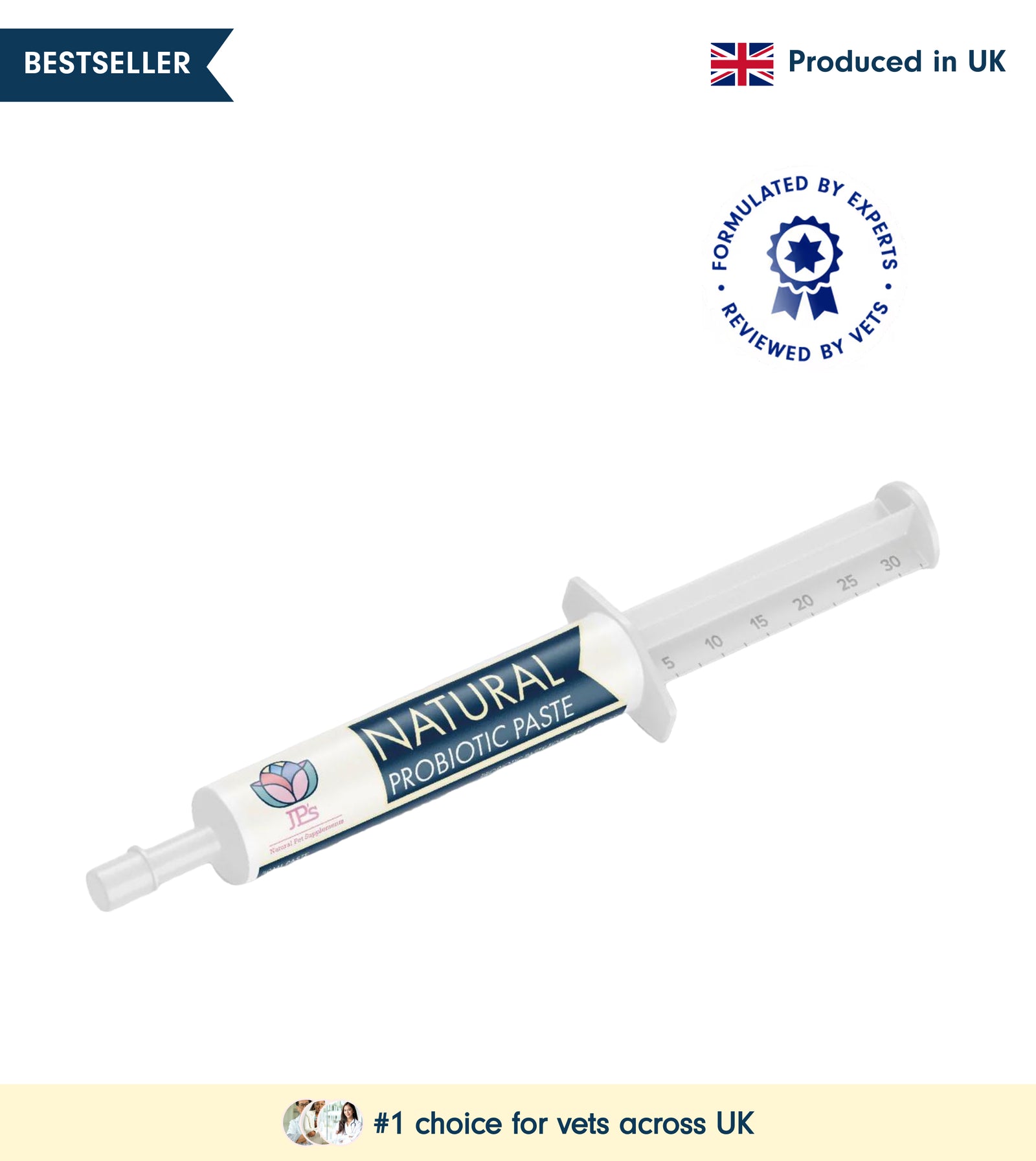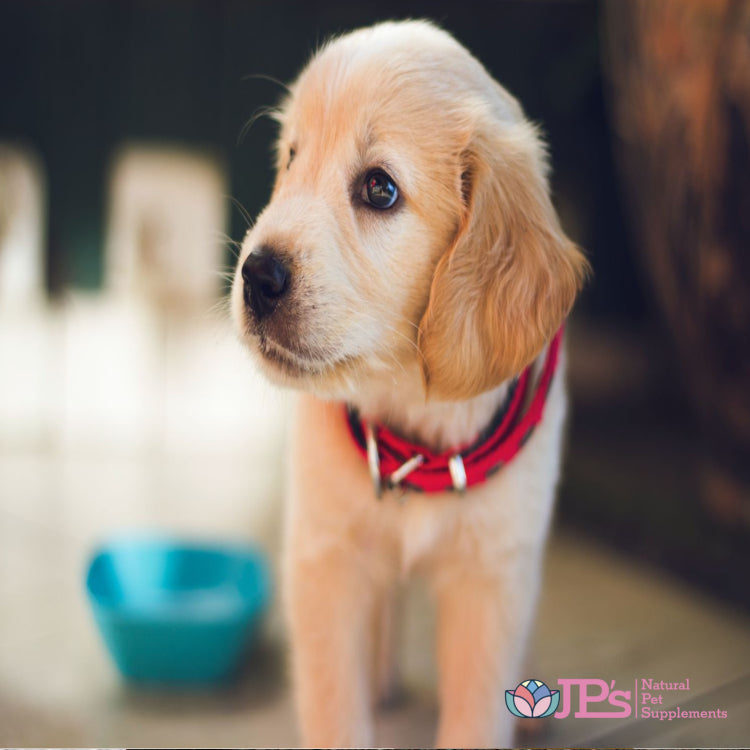Canine socialisation and training.
Some dog owners believe that letting their puppy play with as many dogs as possible at a youthful age will make their puppy more sociable and friendly to people and other dogs. Letting them play with dogs you do not know in the park can be so damaging long term, especially if owners cannot read their own dogs body language. Your puppy can end up being bullied and chased by other dogs and this can end up having a negative effect on your puppy in the future. Your puppy could end up becoming reactive which means dogs can overreact to a certain stimulus or situation. It is important to be watching your dog and the other dogs body language when they are playing together, they should be nicely mirroring each other when they are playing.
The biggest mistake dog owners normally make is just letting their dogs get thrown and pinned on the ground constantly by other dogs in the park, thinking that they are playing and having fun, and they will just sort it out between themselves. I had a client last year who had a French Bulldog, she would meet up with other dog owners, so all the dogs could play, and the owners could chat and socialise, obviously not watching their dogs body language while they were playing. He was only about 4months old, and he was very friendly good with other dogs. Then his behaviour started to change. His owner called me and asked me for some help because he had started being reactive to other dogs in the park, and on the lead. I found the underlying cause of the problem after asking some questions in a consultation. It was because a dog in the pack would always bully and chase her dog, but she thought that they would sort themselves out. Owners need to be watching what is going on and remove your dog from this these situations.
Training your puppy.
As a dog owner you need to have your foundations in place with your puppy, teaching them to ignore other dogs and to focus on you, with engagement training. Teach them that you are more fun than other dogs. This could be through reward training with treats, or to play a game with your dog. Therefore, I do not recommend letting your puppy or dog off the lead until you have them trained and engaging with you. It is important for your dog’s safety and others. The most important part of socialisation and training your dog is teaching them to be calm and well-mannered around other dogs and people and how to cope in different environments.
Socialisation does not mean that a puppy or dog is uncontrollably excited to see people and dogs, this just means that they have no impulse control and have not had the correct training. Socialisation means that there is a learning process a puppy must go through to learn key life skills, this ensures that your puppy is happy and confident in all environments and that it has skills to be able to communicate within a social group. Puppies are not born with social skills, they need to learn them so, getting this right in the initial stages is so important.
Socialisation does not just stop at puppies, these good well-mannered experiences must continue through adolescence, to have a well-balanced trained dog. The most important training exercise to train your dog is impulse control for social situations. This must be one of the most important training skills to train your dog. Impulse control means they can stay calm in exciting or stimulating situations and that they will have the patience even when presented with something they strongly desire.
An over socialised dog with no training can result in a dog that does not pay attention to other dogs’ signals. They will go rushing over to other dogs with no manners, playing with all the dogs or wanting attention from people. These are the dogs that cause more arguments and bite incidents than an aggressive dog, because they are normally running over to a dog who is on a lead, but that dog could be nervous or reactive. An over socialised dog unfortunately has never learnt impulse control, the dog learns that all fun comes from dogs and people. This is when you will normally hear a voice in the distance from their owner as their dog is rushing over to your dog saying that its ok because he is friendly and that he loves everyone. An over socialised untrained dog can bounce, pull, and lunge on the lead to get to the other dogs, despite the other dogs giving clear signals that it does not want to participate. These are the situations that can lead to an argument between owners. So, the key is that training and socialisation must be done correctly.
A well socialised dog will be balanced and calm when they are playing with other dogs. They are not the constant chaser always pinning other dogs to the floor, they can play fairly, they can chase but also take turns to be chased. The play between two well socialised dogs is equal and a pleasure to watch. A well socialised dog has impulse control within its skillset. This means that the dog never becomes so over aroused by things in the environment that it loses the ability to communicate effectively. This is achieved by correct socialisation and training, and by applying reward based training methods and teaching them impulse control.
A under socialised puppy can be timid or scared. This could be from the lack of suitable experiences starting as early as 3 weeks of age and therefore if you are buying a puppy from a breeder, it is important, that they are a reputable breeder. Shy puppies have different sensitivities, and some are more difficult to socialise so changing this as soon as possible is vital. The biggest mistake people make with a shy puppy is forcing them to continually face their fears in the hope that they will get over their fears. Shy puppies should not be put in situations where they become overwhelmed. This will only leave the puppy with a negative feeling, and it feels relieved that the threat has gone away but this only further reinforces the fear. Allow a shy puppy the freedom and time to make friends at their own pace. Do not allow your puppy to be bullied by other puppies or stroked and handled by people if they are the cause of worry. If someone approaches your puppy and your puppy backs off, ask the stranger to stop, drop a treat on the floor and give the puppy space. Giving your dog experiences that they can cope with and the feeling that they have not been pushed over their fear threshold will get you the best results. Constantly pushing a nervous dog over their nervous threshold often leads to fear biting and this is not how you want your puppy to respond when they are scared.
Having your puppy socialised correctly.
Finding a good reward-based trainer will be the most effective way to help you get the correct socialisation for your puppy. If you decide you want to go to puppy classes, then make sure they are solely with puppies. Puppies can learn impulse control and life skills in a class if it is run correctly by a professional dog trainer. If they do play with other puppies, it is important that they are well matched where puppies are similar in temperament and play styles, so they leave every session feeling happy and confident. If you are struggling with your dog, get help from a dog behaviourist who can give you help, improving and modifying your dog’s behaviour using force free methods. This means positive reinforcement focused on providing your puppy with something that is reinforcing or desirable like a treat, toy, or praise.
Remember quality training is far more important than quantity when it comes to socialising with dogs.
Justine Shone
JP Holistic Nutrition



















Leave a comment (all fields required)